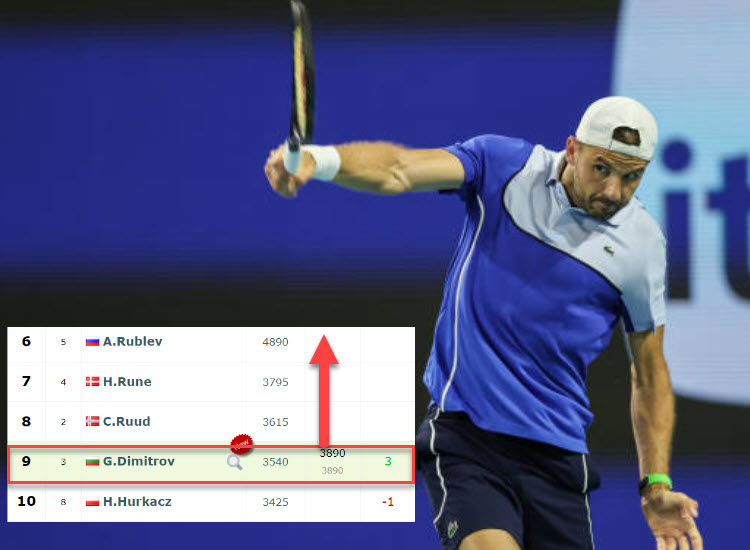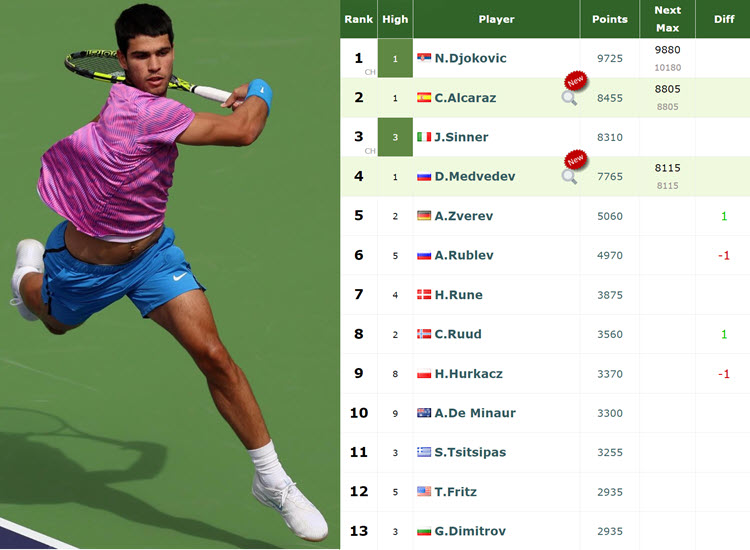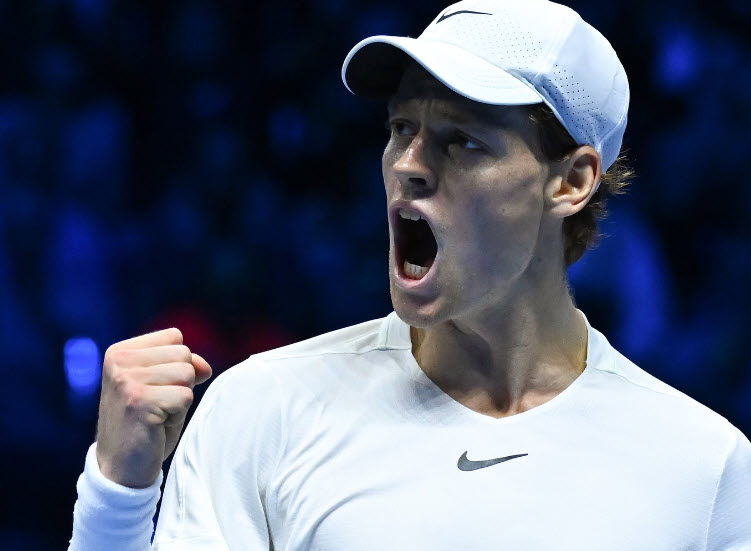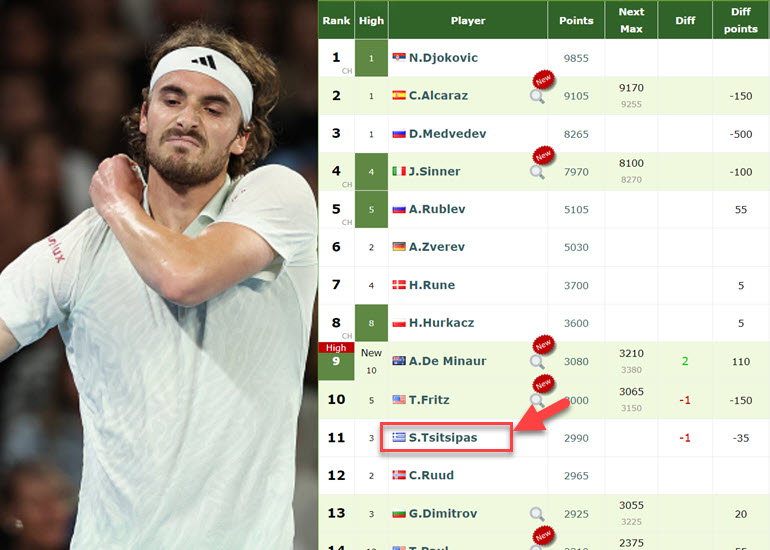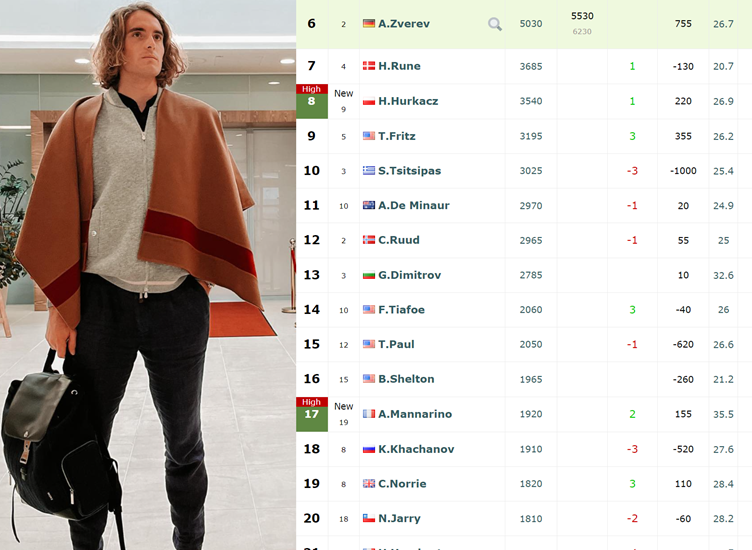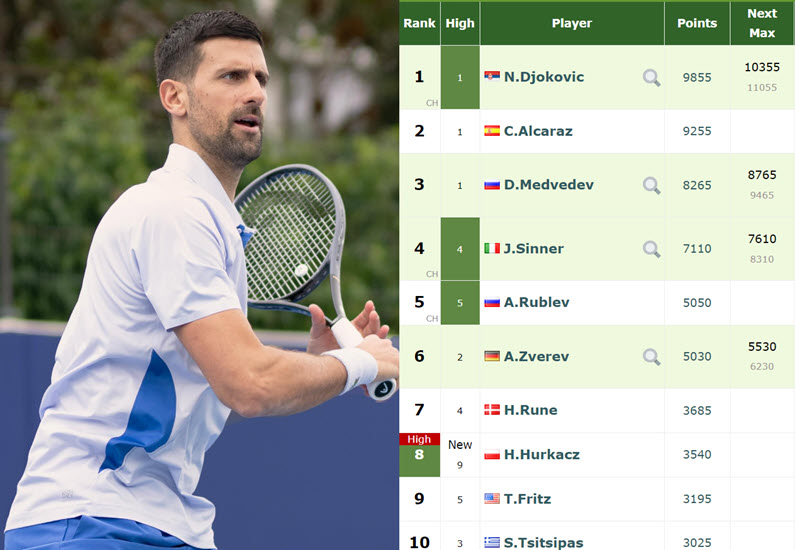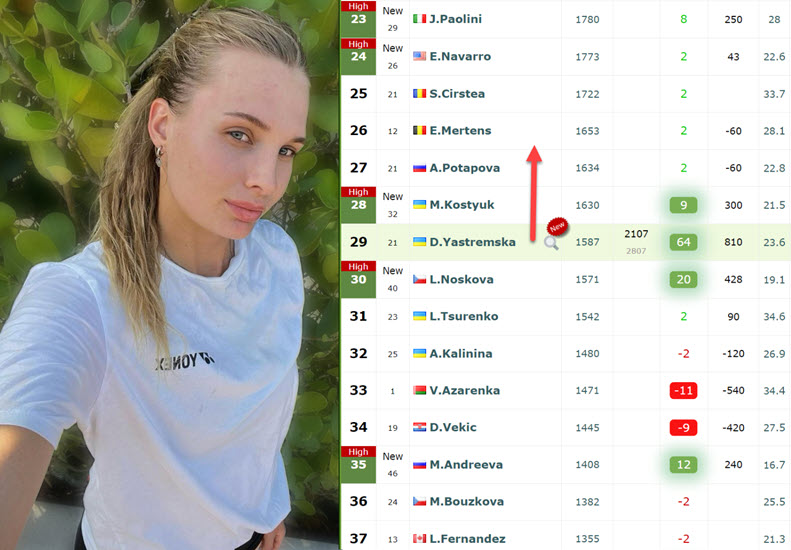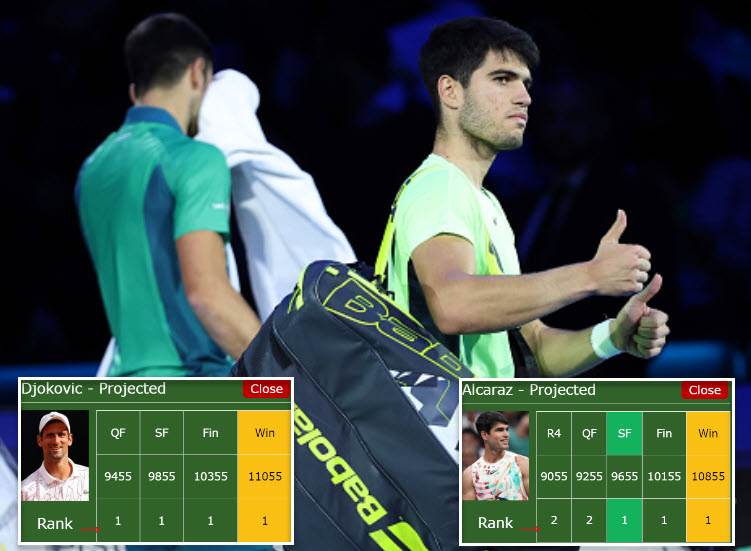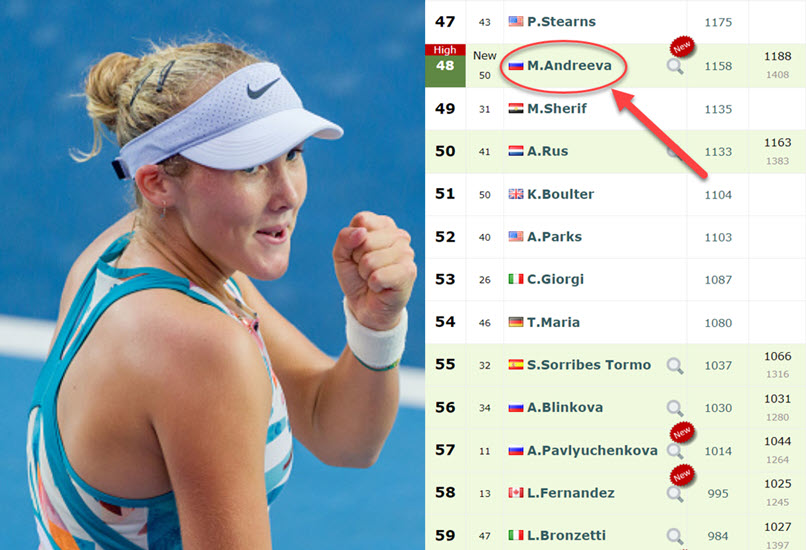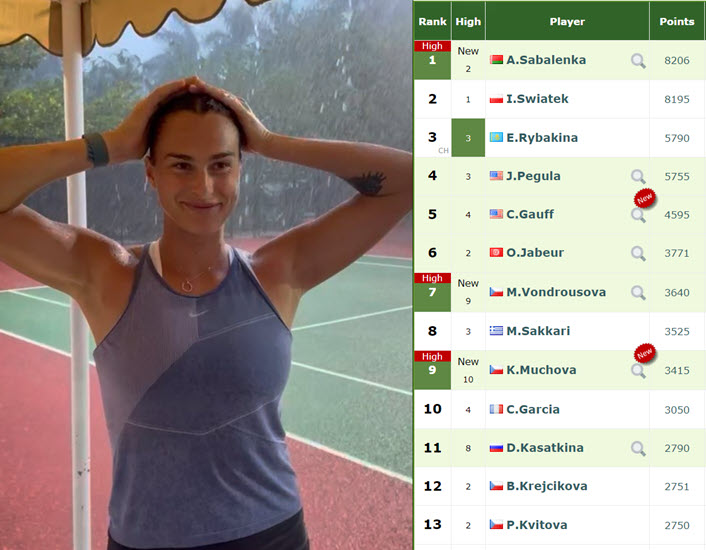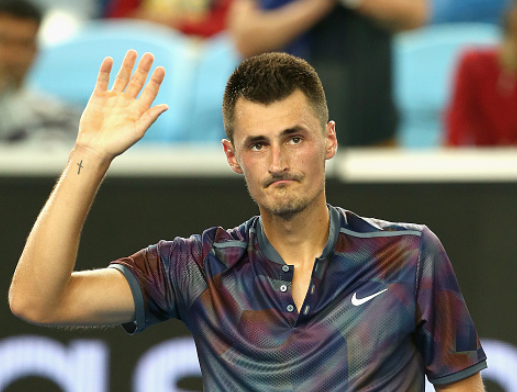
Australia has produced a plethora of tennis talent over the years, albeit quite sporadically. Rod Laver, Pat Rafter, Lleyton Hewitt and Margaret Court all held the number one singles ranking at some point in their illustrious careers.
However, the most talented of Australia’s current crop of athletes have a certain mercurial quality to them that feels slightly out of place in the sport of tennis.
Tomic’s talent
Bernard Tomic was supposed to be the figurehead of the next generation of Australian tennis stars, along with fellow youngster Nick Kyrgios.
He signed a six-figure deal with management and marketing giant IMG at age 13, the company’s senior vice president saying that he could become “a true superstar in the future.” At one point he attained a 26 match winning streak on the ITF junior tour, before winning the junior grand slam title at the 2009 US Open.
As an adult, Tomic’s professional career was looking promising. He reached the quarter finals of Wimbledon in 2011 at age 18, losing only to Novak Djokovic as the Serb went on to win the tournament.
By 2013 Tomic had got his revenge, defeating the Djoker at the Hopman Cup before being beaten by Federer at the Australian Open. It was clear Tomic loved a big match, and he was slowly improving his form against tennis’s elite performers.
Despite facing groin and back injury issues in 2014, Tomic rebounded, claiming the world number 18 spot in December 2015. He won his second straight Claro Open title in Colombia in that year, bringing his tally up to three ATP singles titles.
Things were looking good – it seemed like Australian tennis was on the way up, carried on the shoulders of the 6′ 5″ kid from the Gold Coast.
Controversy
In the period from 2011 to 2015, Tomic’s form helped to distract the tennis-watching public from his behavior off the court. When he was fined three times in a single day by the police for traffic offenses while driving his BMW M3, it seemed like relatively normal behavior for a young adult with new found wealth.
Eventually, though it became clear that Tomic was having issues with his father and coach, John Tomic. At the 2012 Miami Masters, Bernard asked the umpire to eject his dad from the stands during a match because he was “annoying” him.
However, things soon became much more serious. John was found guilty of assault in Spain after head butting and breaking the nose of his son’s hitting partner, Thomas Drouet, in 2013. Although he didn’t serve jail time, the incident prompted people to raise questions about Tomic’s childhood and whether his father was contributing to his behavioral issues.
As his form began to dip in 2016, it became apparent that Tomic had a serious attitude problem. He tried to return a serve holding his racquet the wrong way around at the Madrid Masters, prompting the Sydney Morning Herald to quip that he was “at it again.” The public began to question his commitment to the sport, for a good reason.
I can’t stop looking at this. Match point. pic.twitter.com/tJ3wqufcZj
— Courtney Nguyen (@FortyDeuceTwits) May 3, 2016
Things went downhill from there, as Tomic revealed just how little enthusiasm he has for tennis despite his talent for the sport.
When questioned about his failure to qualify for the 2018 Australian Open, Tomic took the bizarre step of flaunting his prize money stash, saying “I just count my money, that’s all I do. I count my millions.” He then told the reporter to “…go back to dreaming about your dream car or house while I go buy them”.
Tomic then made another strange decision, signing up to appear on reality TV program I’m A Celebrity, Get Me Out of Here late last month.
But for the first time, we saw Tomic open up a bit about what he was actually feeling. He revealed that he is at times “depressed,” implying that this was in part due to “[not having] a childhood: obviously, that took its toll.” Eventually, he quit the show (which is filmed in Africa), having spent just a few episodes on set.
What’s next for Tomic?
Bernard has pledged to get back on the court and win more trophies – this is understandable, as the sport is all he’s ever known.
But I think he’s in need of a break. The public, for the most part, understands that tennis isn’t what he enjoys. It’s clear that he’s got psychological issues that need sorting out.
On the other hand, it could be argued that Tomic has a duty to the Australian people – after all, he chose to represent their country rather than Germany, which is where he was born. Tennis Australia helped to fund and organize his training regime for a decade, but Tomic has since labeled the organization “corrupt,” comparing them to football’s famously-inept governing body, FIFA.
So what do you think? Do athletes who hate their sport, act contemptuously towards the game and play purely for the money deserve our support? Or should we give our talented youngsters the help they need, no matter their attitude towards the sport?
Article written by external contributor Tom McNamara (short biography + info).
| FALLING |
| Embed from Getty Images |



